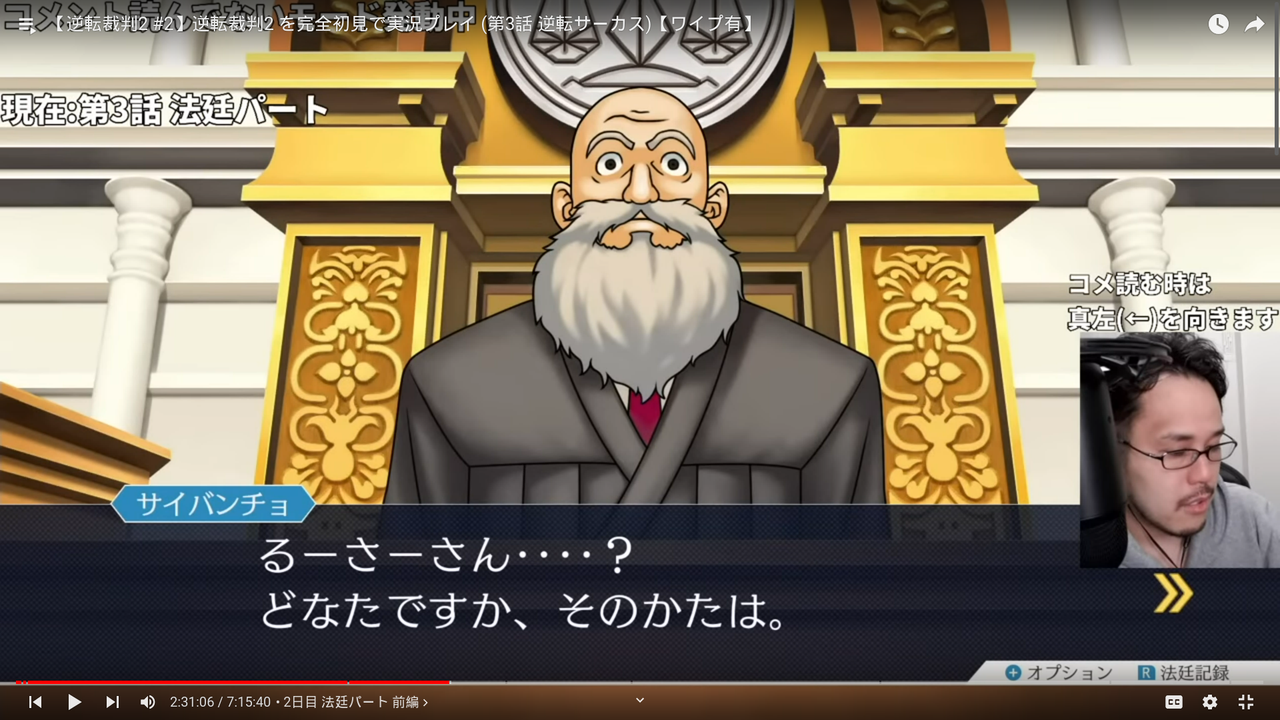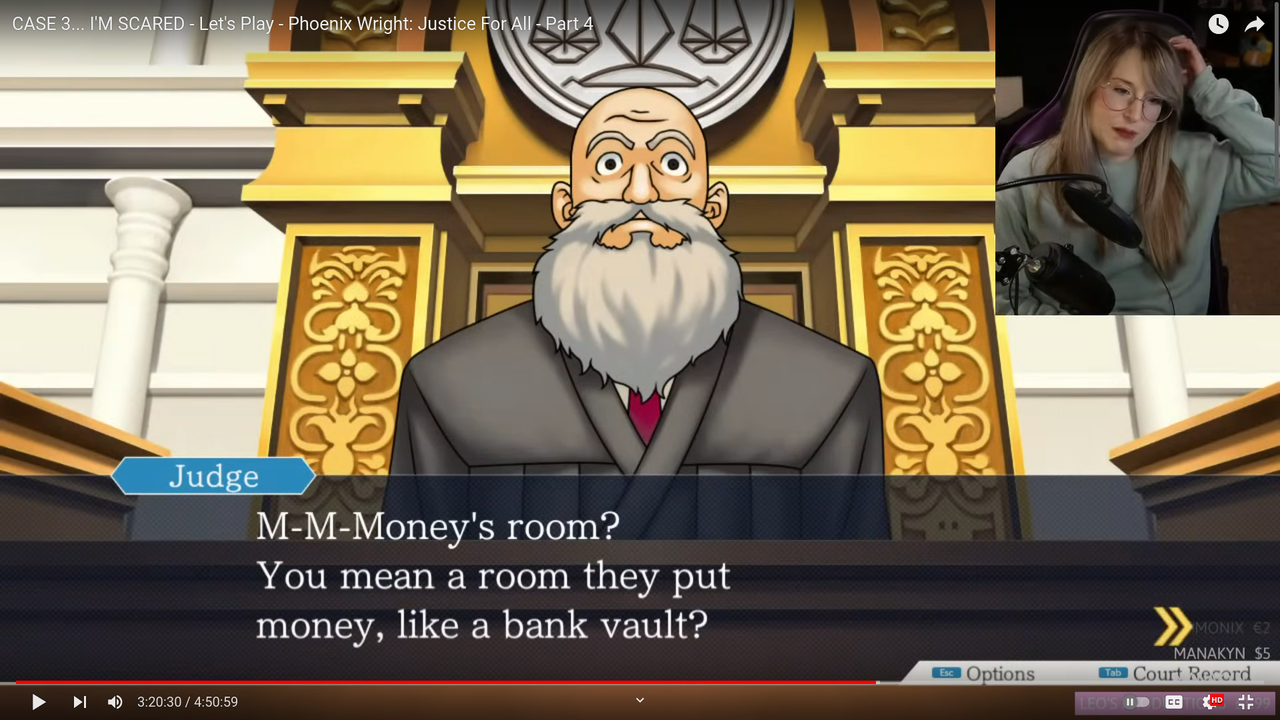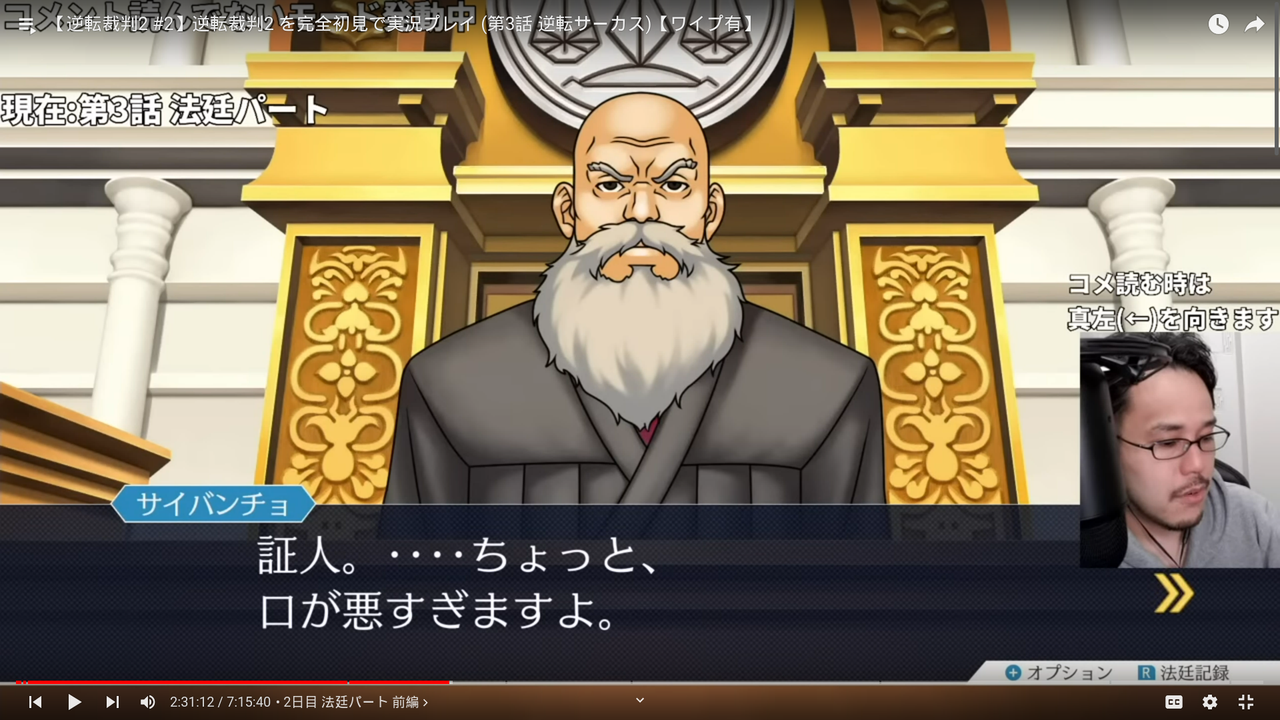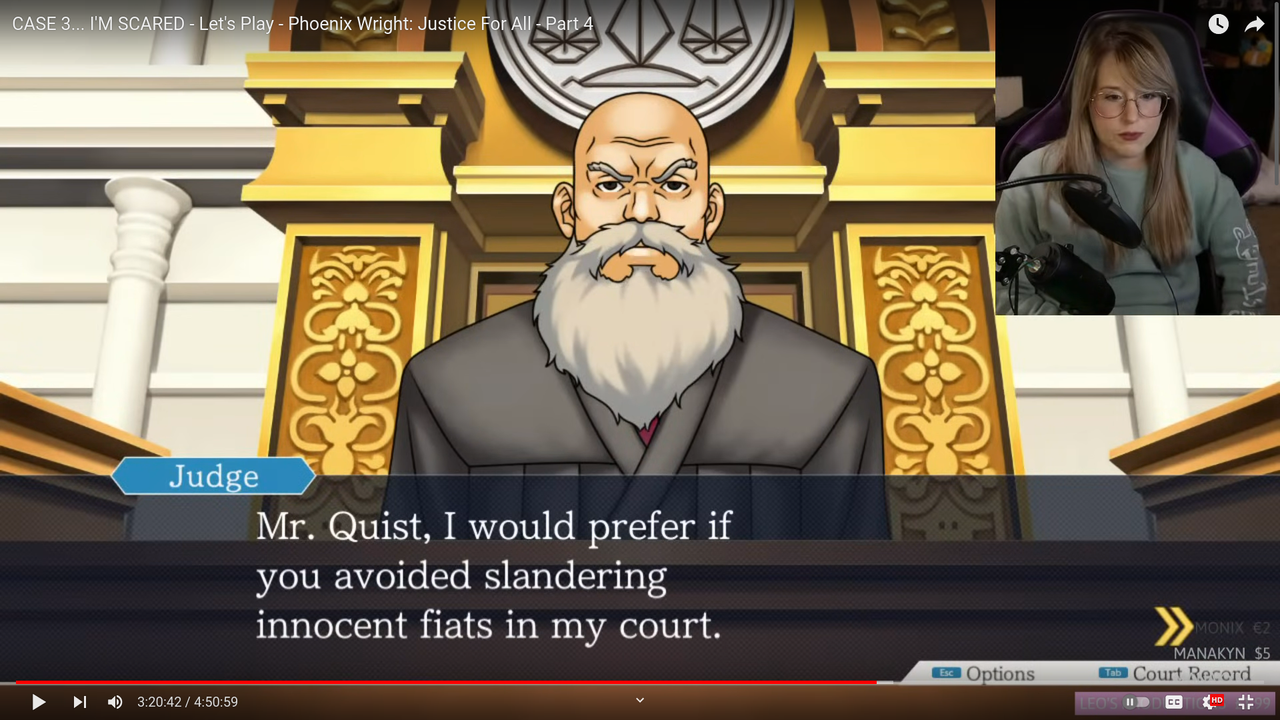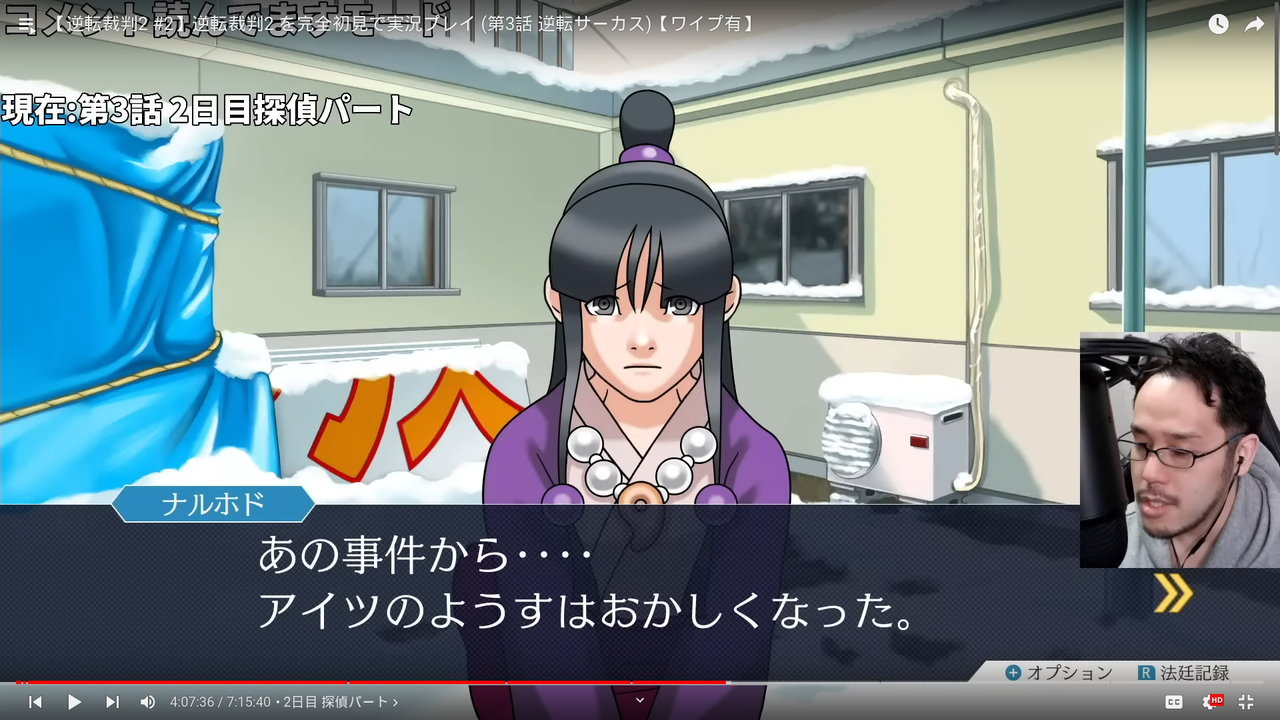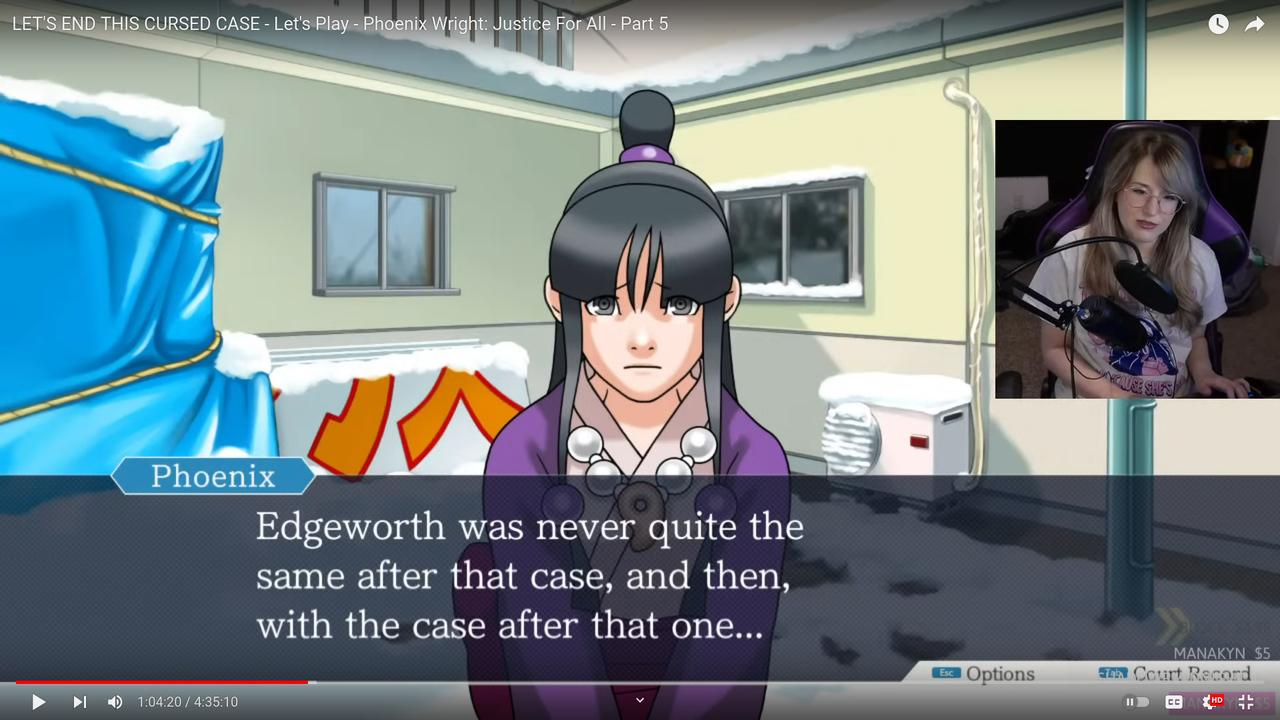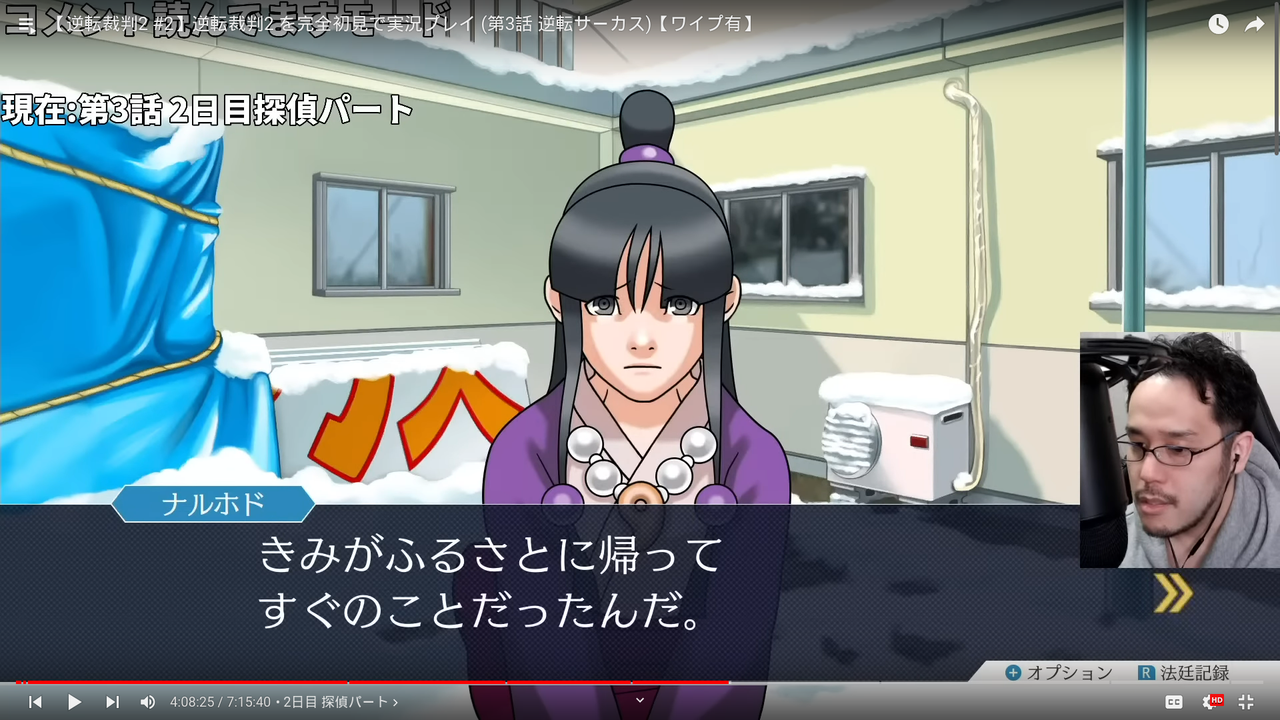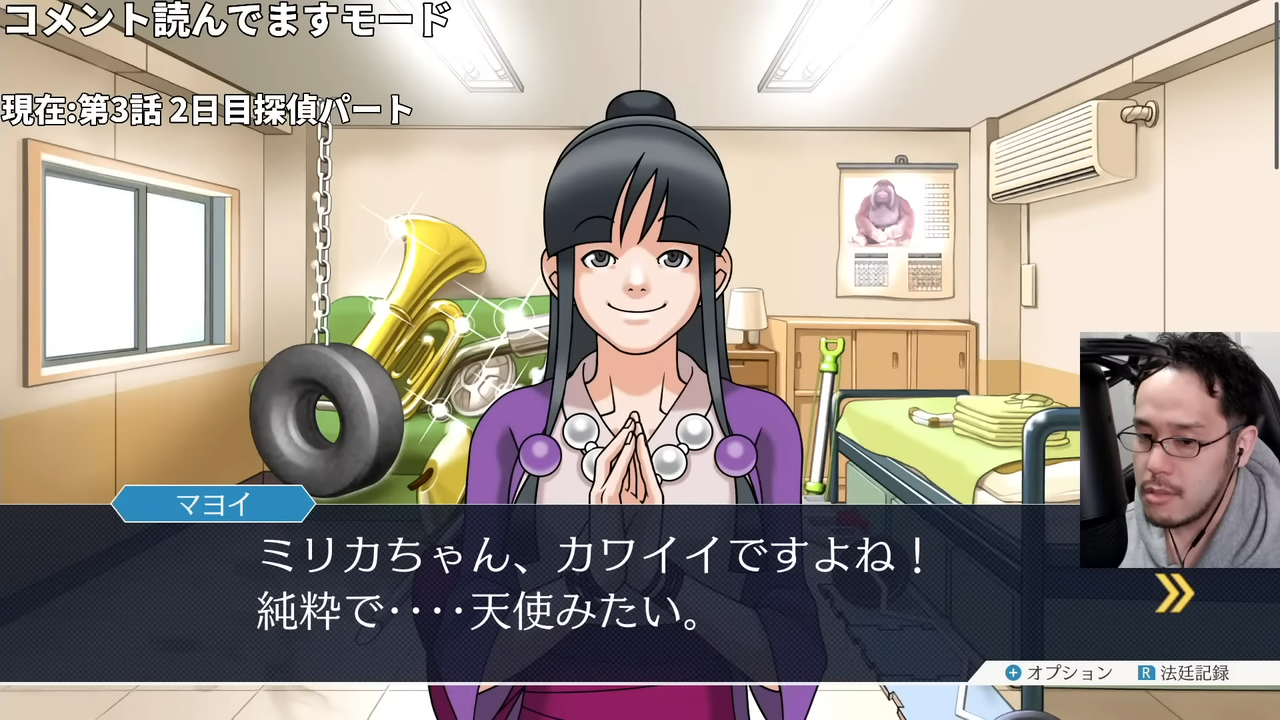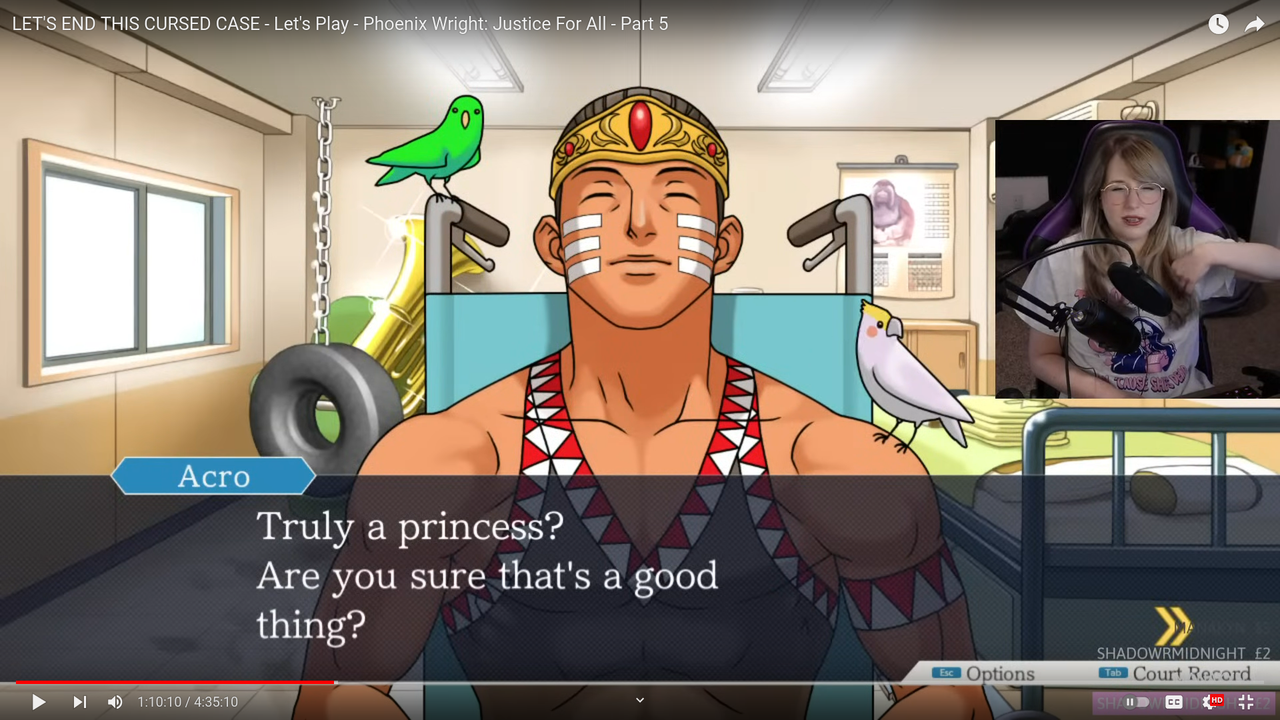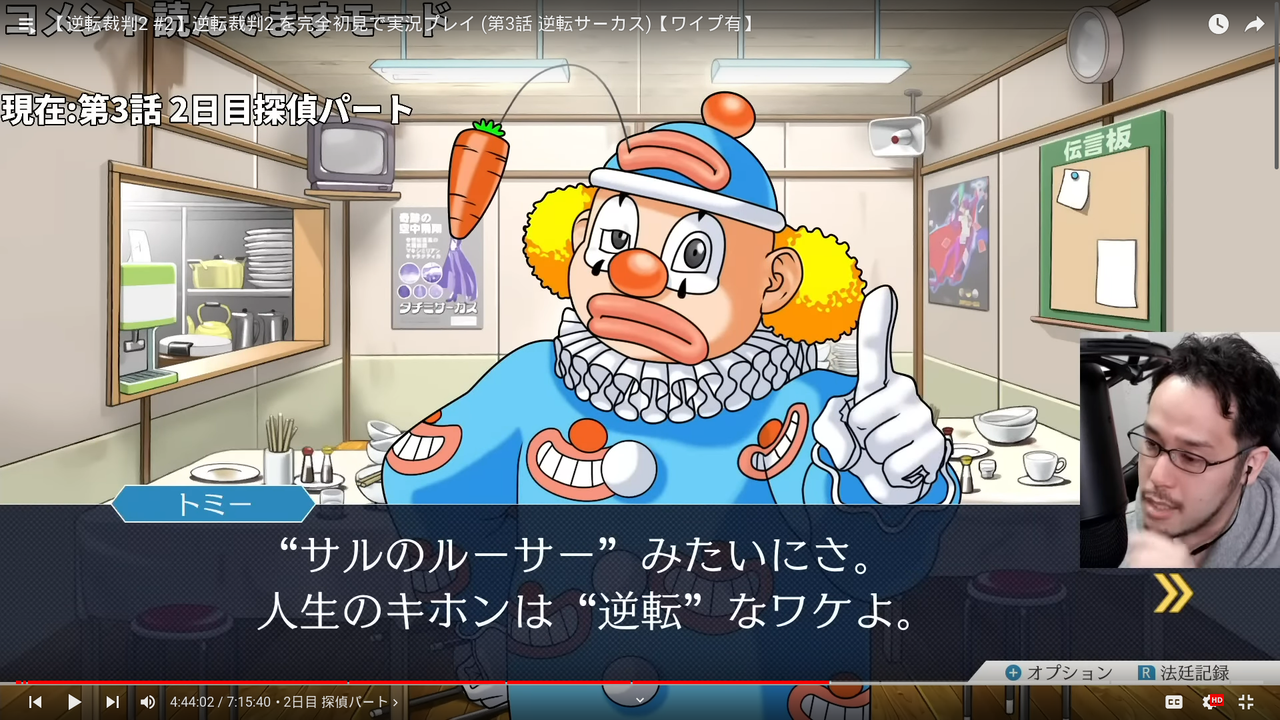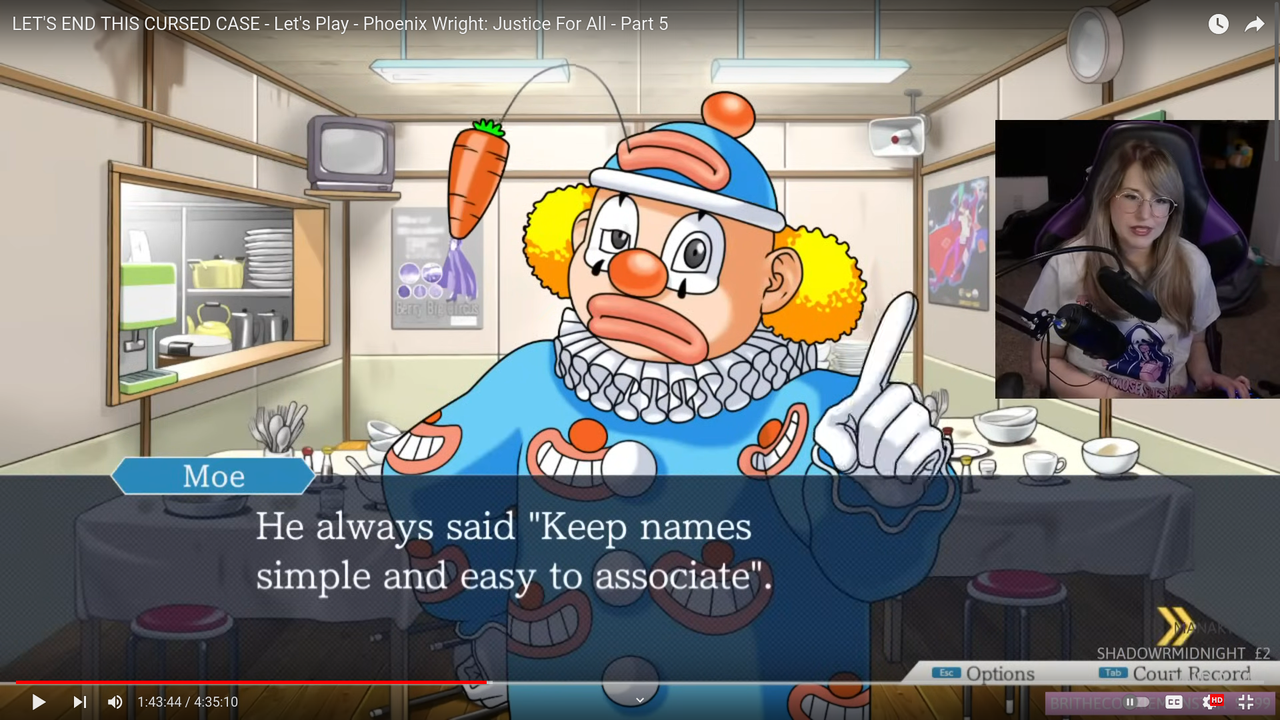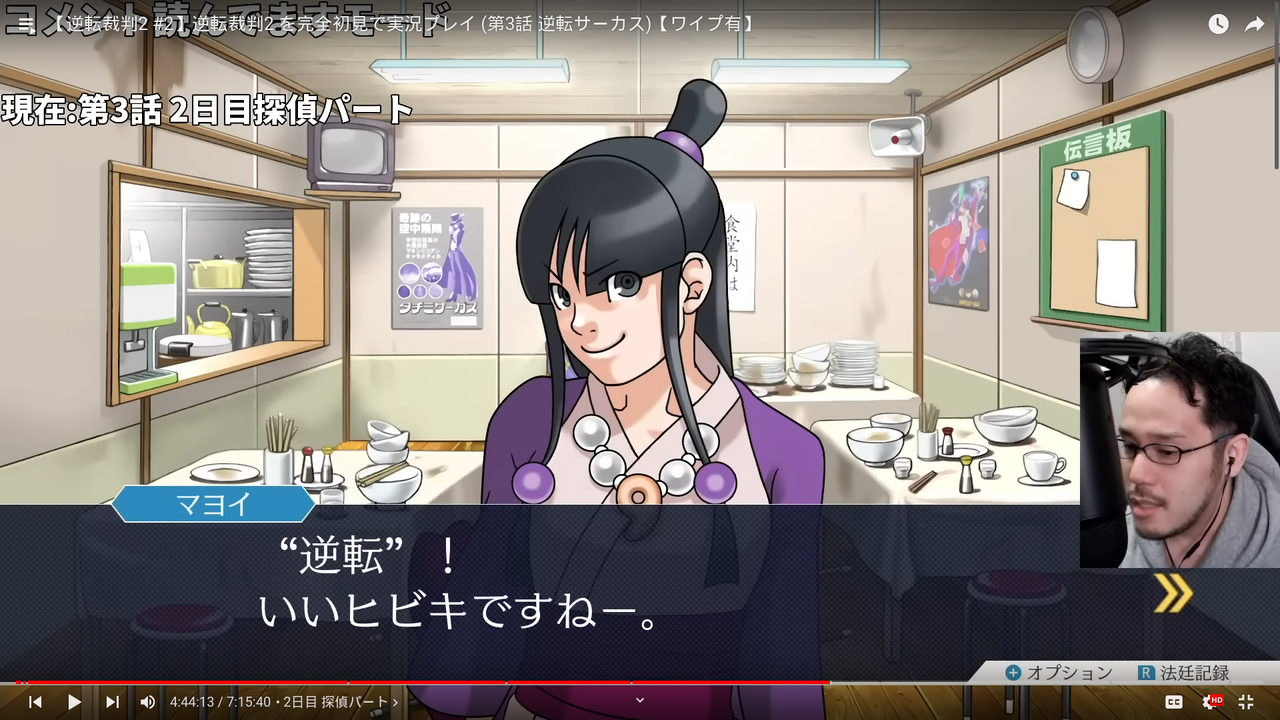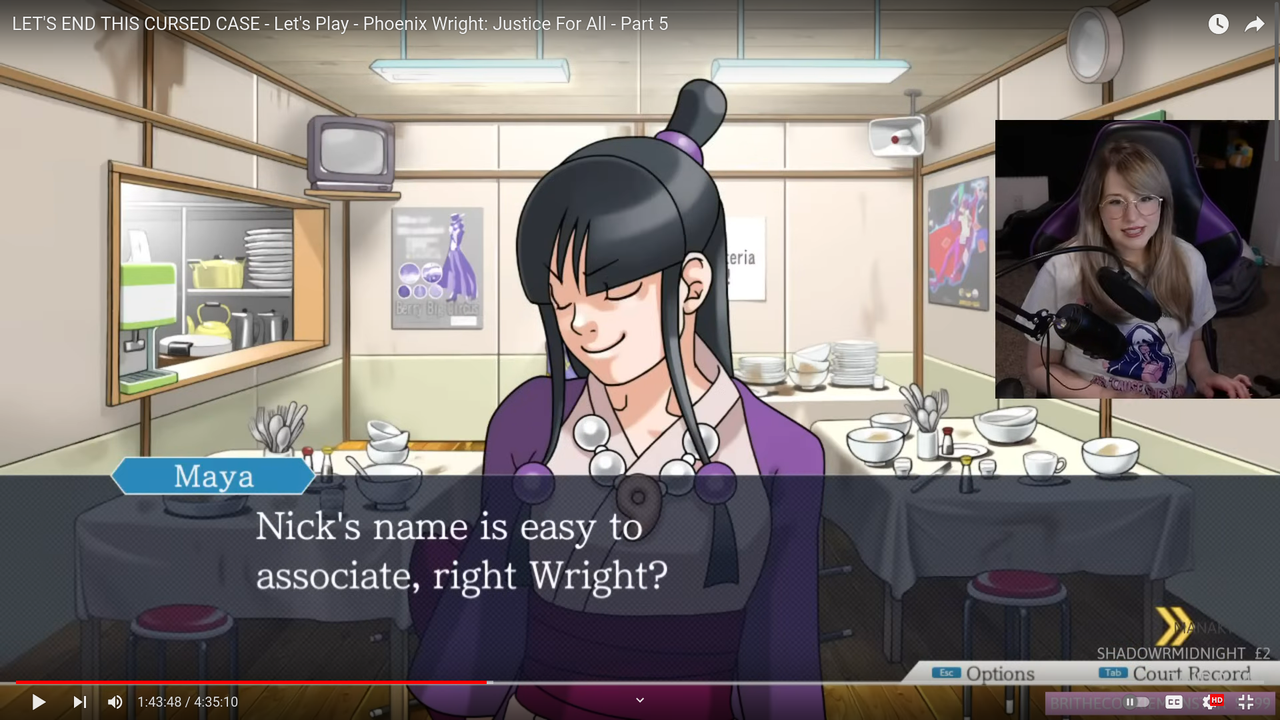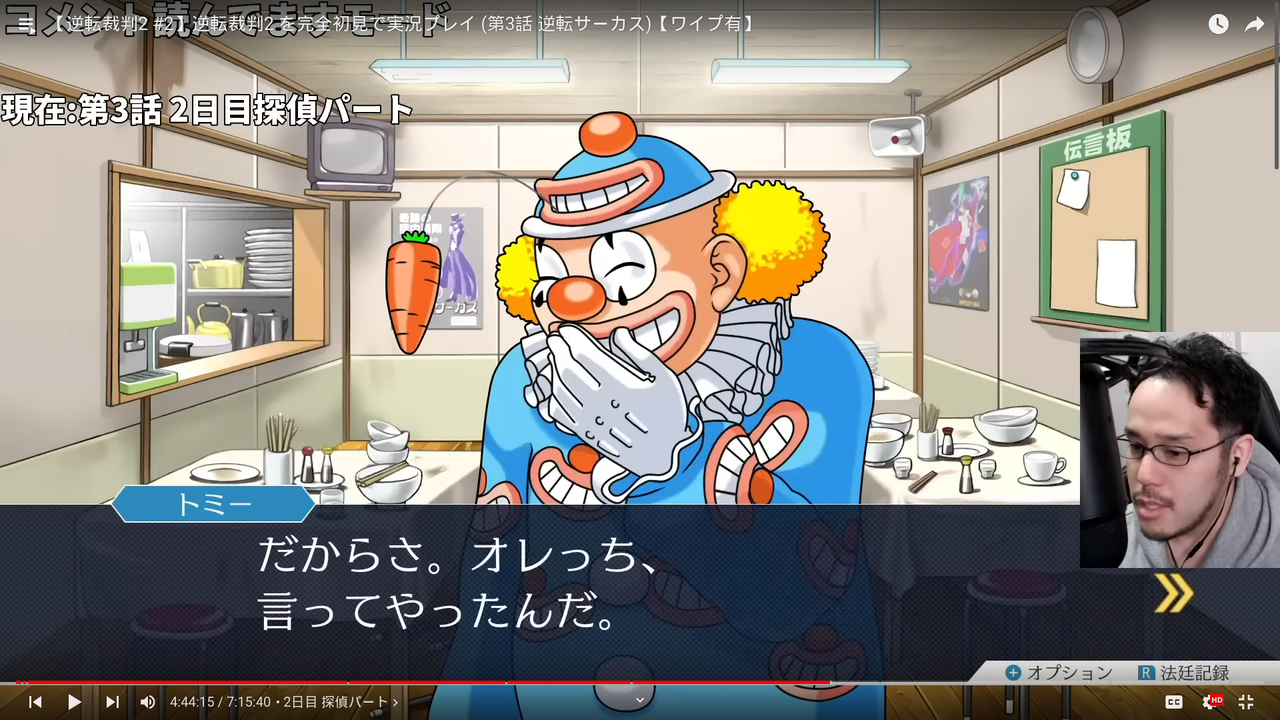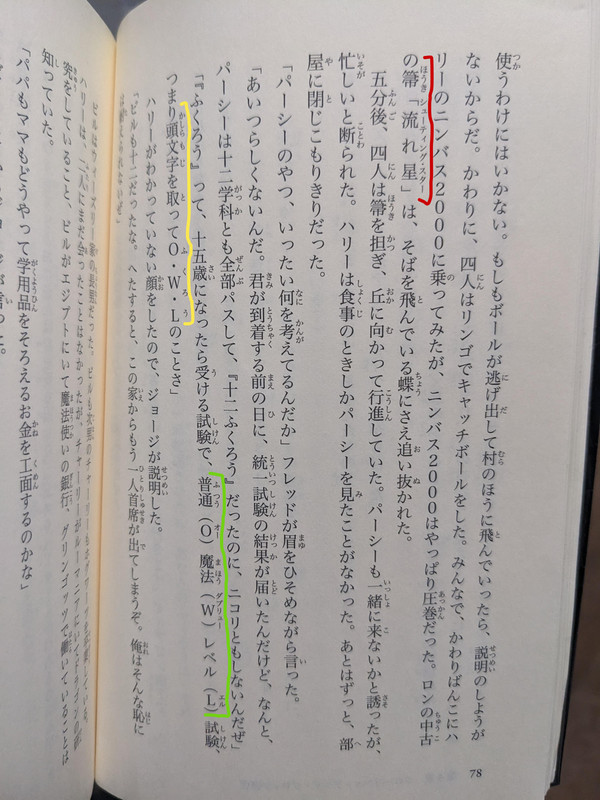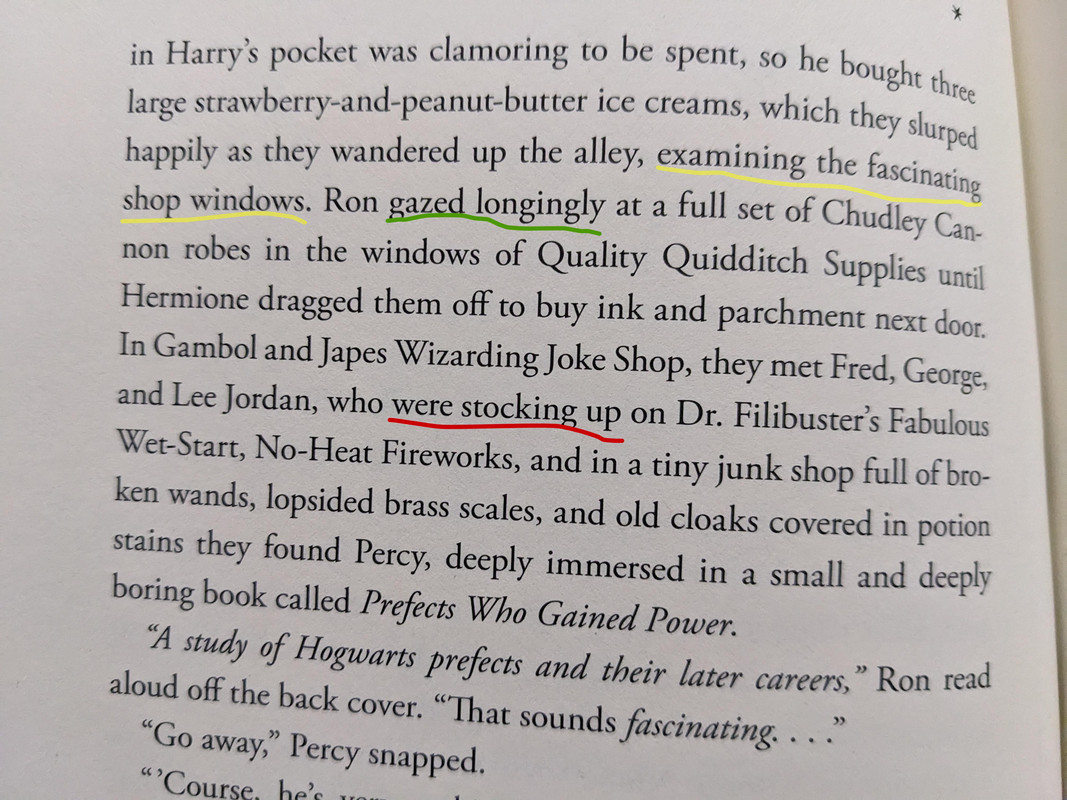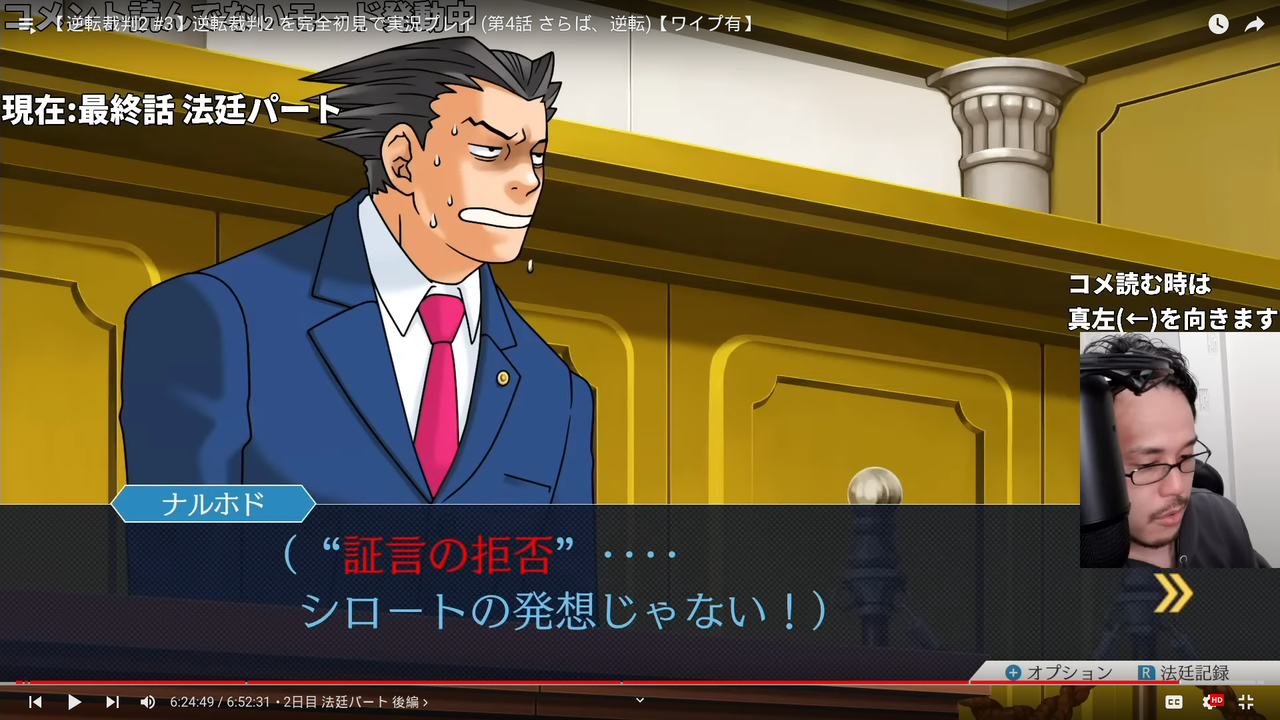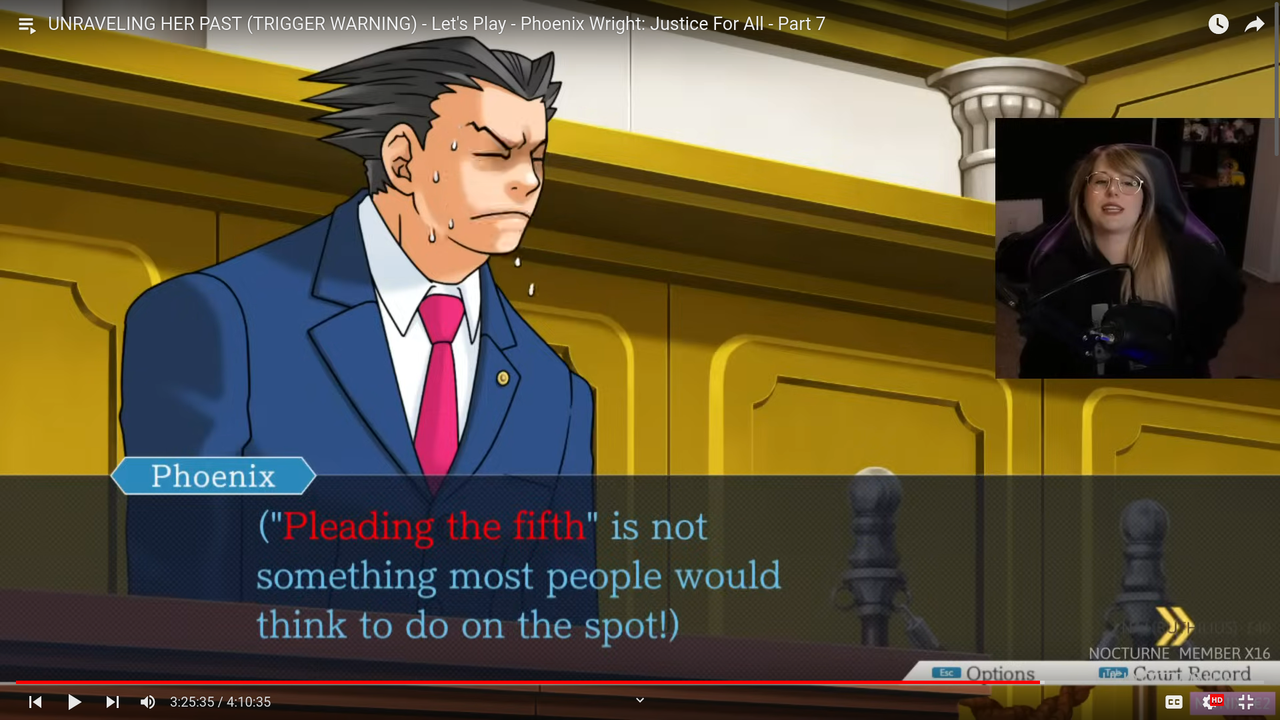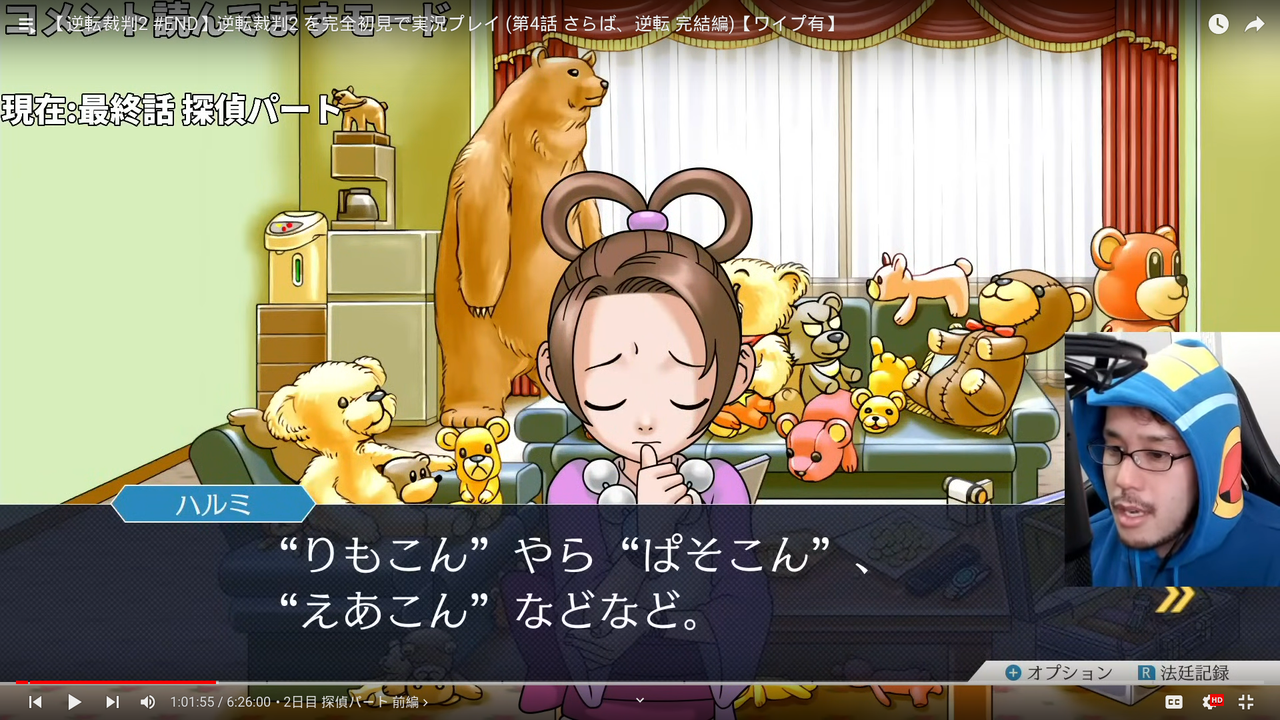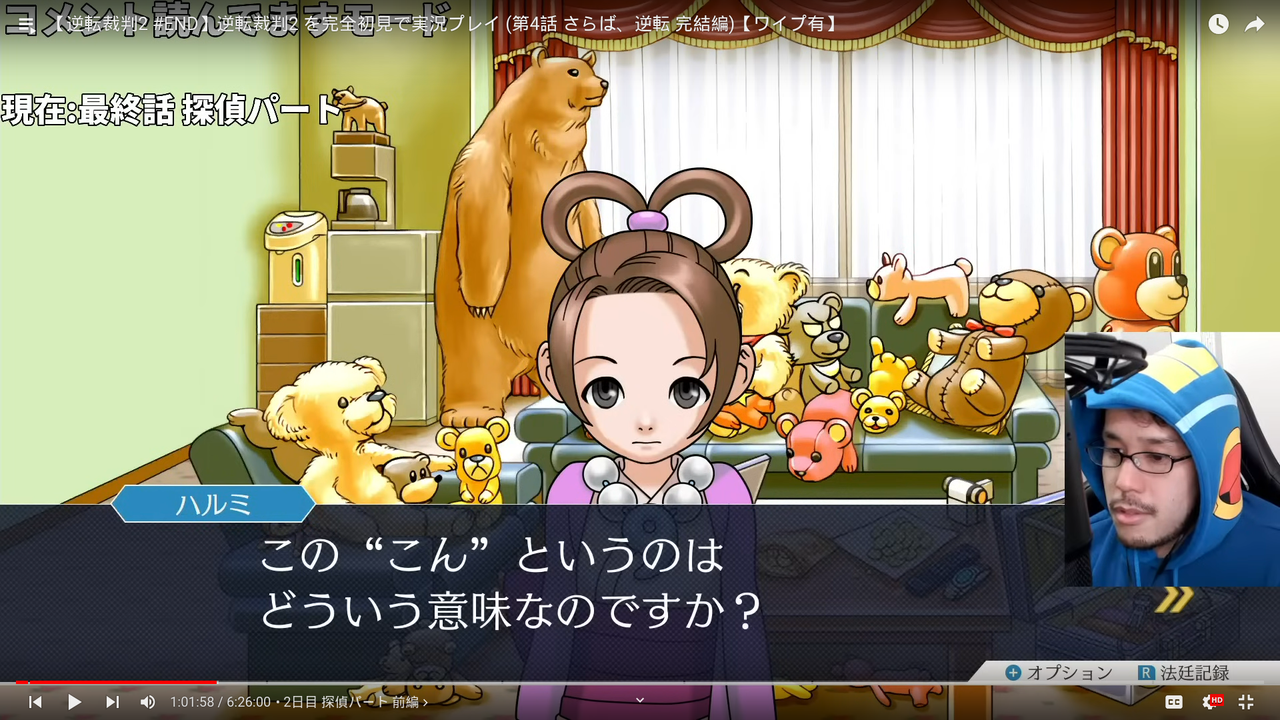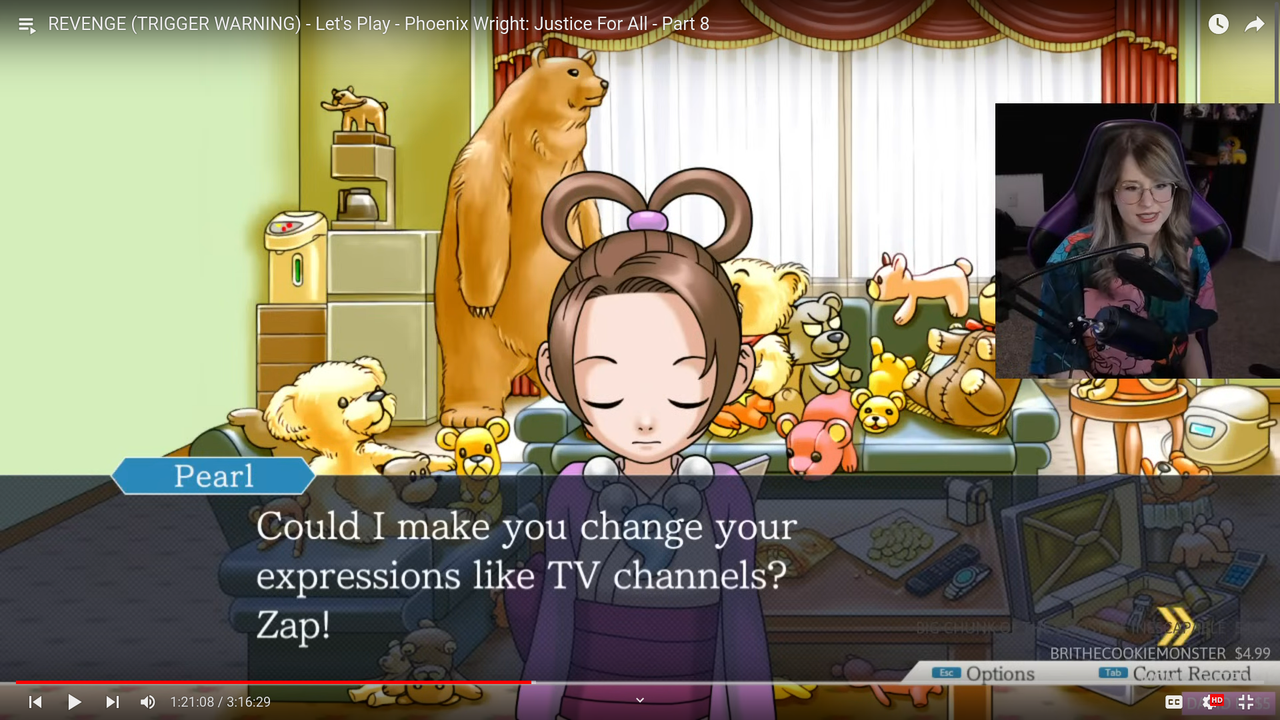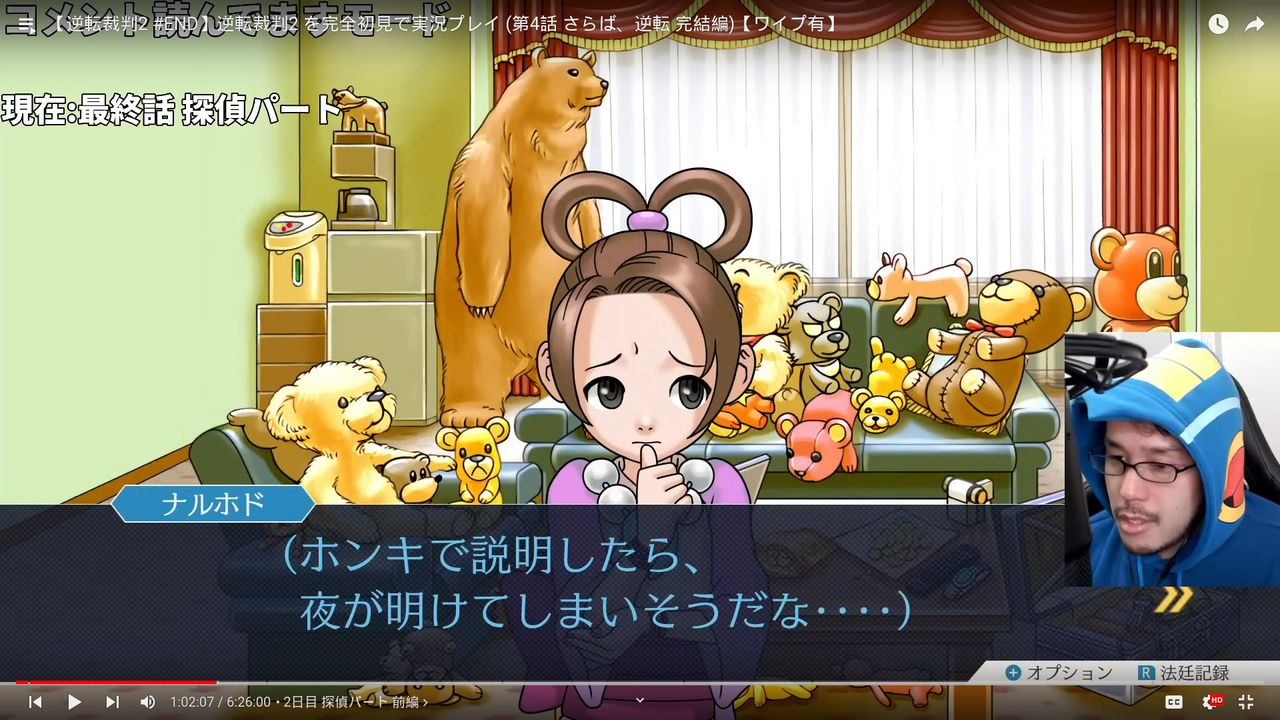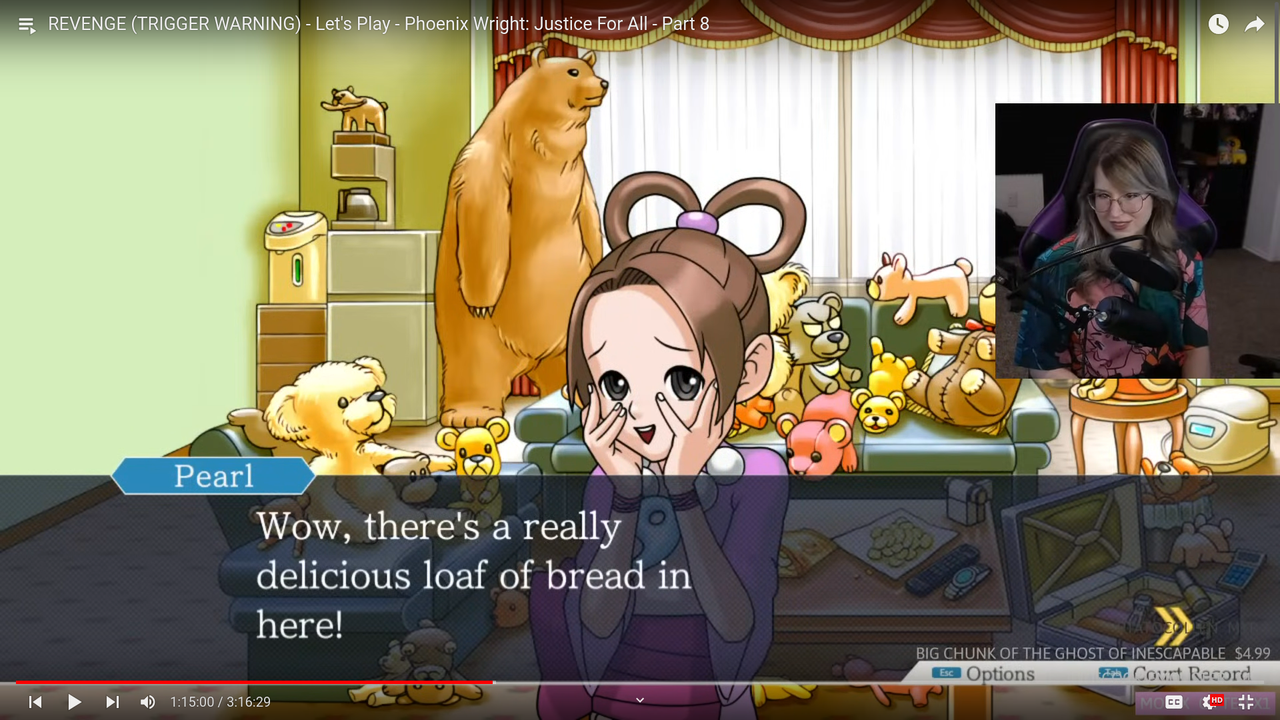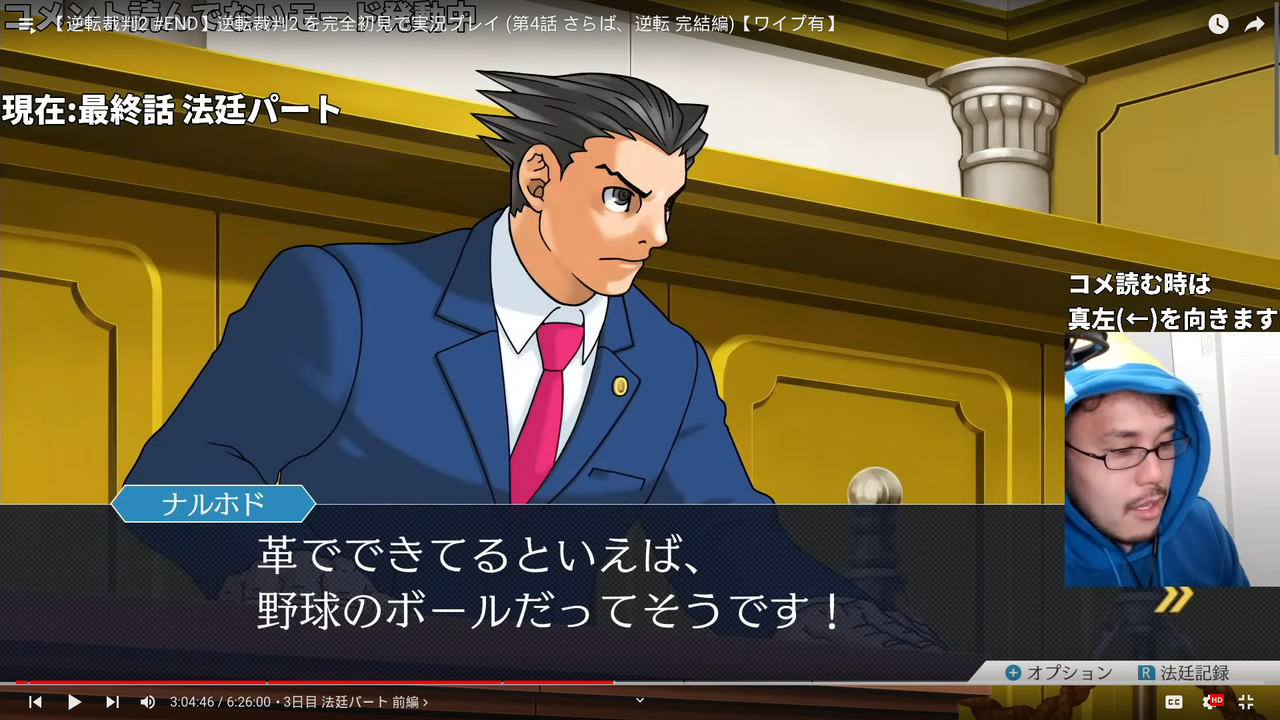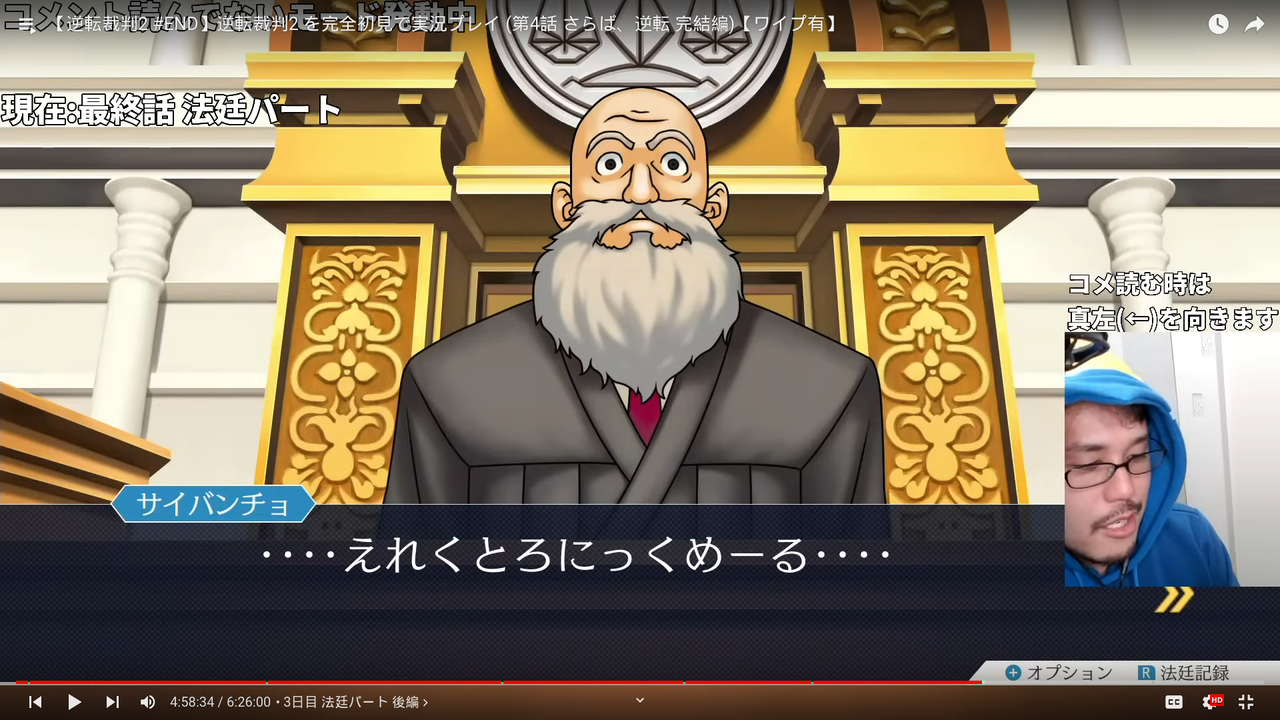In 2017 and again this year, I didn't bother traveling to see the eclipse, figuring that I could always see one in the future, since they happen somewhere in the world every couple years. However, with all the talk of eclipses in XKCD this week, I decided it was time to stop procrastinating and researched future eclipse a bit yesterday.
It appears that the best bet is to travel to Luxor, Egypt in August 2027. This is a relatively long eclipse (6m22s at peak) and has the advantages that a) it is in an extremely dry desert so there shouldn't be much risk of clouds and b) Luxor is already a major tourist destination in its own right so it should be relatively easy to get flights, hotels, etc. Plus you can look at the ancient Egyptian ruins while you're there. Of course it would be extremely hot in August, and I'm guessing it will also be more expensive than usual since everyone else will have the same idea, but if eclipses are really that magical, it seems worth it anyway.
Anyway, finding this out made me tempted to learn Egyptian Arabic, which is a problem because I'm still learning Japanese and I also wanted to learn Korean next.
Edit: After researching it a bit more, it seems that people use a mix of colloquial Egyptian Arabic and MSA, even in the same sentence, and also that in Upper Egypt, they speak Sa'idi Arabic rather than Egyptian Arabic anyway. It seems like it would be very difficult to learn three separate languages, especially when there probably aren't good resources for the colloquial variants.
---
Harry PotterI couldn't sleep last night and was up really late, so I read a lot more Harry Potter than usual. It's frustrating how often I have trouble sleeping, no matter what I do. Oh well, on to the notable observations from Harry Potter:
* "Seamus Finnegan couldn't control himself. He let out a snort of laughter that even Lockhart couldn't mistake for a scream of terror." -> "シェーマス・フィネガンはこらえきれずにプット吹き出した。さすがのロックハットでさえこれは恐怖の叫びとは聞こえなかった。"
I found the use of "kikoeru" to mean "mistake for" here interesting because while it does make sense, it's very different from the common meanings of the word.
* When describing the damage the pixies wreak on the classroom, the Japanese version ends every subphrase with "wa". I've seen the "wa" particle used in dialog, but I've never seen it used in narration before. What's up with that?
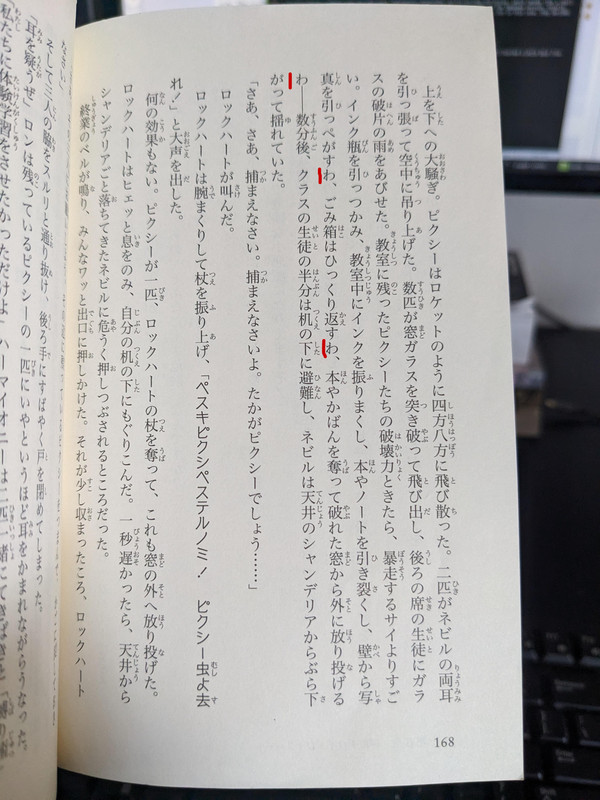
* In the original, Lockhart uses the fake spell "Peskipikisi Pesternomi" to try to stop the pixies, which sounds like a spell but is actually just "pesky pixies pester no me" on closer inspection. What's surprising is the Japanese version. Usually, they'd either just keep it unchanged, or else replace it with an equivalent joke in Japanese, but in this case, they decided to do both. The Japanese version of the spell is "ペスキピクシペステルノミ!ピクシー虫よ去れ!". They kept the original English spell and then added a
second spell after it in a mix of English and Japanese!
* When Flint says that the Nimbus 2001 outstrips the 2000 "by a considerable margin", the Japanese version says "soutoumizu wo akeru", which I wasn't able to find in Jisho at all.
---
Justice For All/Trials and Tribulations* In the end credits of JfA, Max and Regina talk about going to America. In the English version, they instead say Zimbabwe. Obviously, references to America have been replaced with other countries before (off the top of my head, France in g1c1, Germany and the UK in g2c2, and Japan in g2c4), but they were always significant countries. It seems really weird that they would randomly pick Zimbabwe of all places.
Max:
It's time to begin our quest of world circus domination sweetie!! And to let the world know we are serious, I plan to make a fabulous flight to Zimbabwe!
Regina:
Hey Max! What do you think Zimbabwe is like? Do you think there are castles made of cake, and bunnies who can talk...?
Max:
I think if there are any talking bunnies, even they won't laugh at Moe's jokes!
* When Mia first meets Pheonix, she calls him "naruhodo" (as everyone else always does in the series) and he says that his name is "Naruhodou" instead. In the English version, they change it a bit:
Mia:
Oh, what's wrong? Do you have a cold or something... Mr. Wry?
Phoenix:
Actually, it's Wright... Like the flying brothers... People screw it up all the time. And yes I have a cold. That's what this mask is for. My doc says this way, I won't give it to anyone else... Be kind to others, he says..
* In TaT case 1, I noticed that Dahlia said "kaminarisama", while everyone else just says "kaminari" like normal. I assumed this was part of her act to seem childish and cutesy in order to win over the judge, and that personifying things like this is childish language. I noticed she also said "ohoshisama" when claiming that she was born under an unlucky star.
Oddly though, the English version inserts a reference to "Thor" rather than translating this as child-speak, so maybe I'm misinterpreting things. I doubt it though.
Dahlia:
The rain was just beginning to let up... But it seemed as though Thor wasn't ready for his fun to come to an end yet. So the sky continued to flash and rumble.
Mia:
Thunder and lightning, huh...
Dahlia:
Yes, I'm afraid of the sound of thunder. So I put my headphones on to block it out...
In addition to all the -samas, Dahlia also uses go- and o- honorific prefixes a lot, something else that I've heard is a common aspect of childish language. For example, at one point she demands "oshoukohin" (evidence), an oddity that even Tsuwahasu commented on. Incidentally, I just realized that shoukohin (evidence) sounds an awful lot like shokuhin (food).
* At one point, Dahlia says "wanpaku", which I assumed to be a waseieigo for "one pack" since nearly every word that starts with "wan" is a waseieigo ("one pattern", "one chance", "one punch", etc.) However, I looked it up and it's an actual Japanese word that means "naughty".
* In case 2, in the basement, there's a large sign saying "バー" with the rest cut off. When examined, Maya suggests that it is the "ba-" in "hamburger" and that the sign is for a hamburger festival, and then suggests that it could also be the "ra-" in "miso ramen" and that they just make a mistake by writing "ba-" instead of "ra-".
In Japanese, Maya's trademark favorite food is miso ramen, which they changed to hamburgers in the English localization, so I was curious to see what they would do here, when she was already referring to her American favorite food in the Japanese version.
It turns out that they changed the sign to say "bur" and keep Maya's initial suggestion of "hamburger" unchanged. Her second line is changed to suggest it was meant to be the "ghe" in "spaghetti".
---
OtherWhile bored this afternoon, I checked Das Erste's schedule and came across a German version of The Parent Trap of all things.

Like most Americans of my generation, I just know of The Parent Trap from the Lindsey Lohan version, but it turns out that the original story was actually German, so it makes sense that they'd be making German adaptations of it.
Unfortunately, I couldn't find any way to actually watch it. They don't seem to have it on their website like most videos. In the process of looking, I came across
a comment with interesting new German words like "White Saviorism" and "Blackfacing". I guess it's a reminder that every language likes to coin new English-based words, not just Japanese.
Ich finde es unfassbar schade, das obwohl der Film grundsätzlich gut sein könnte, alles wieder vom wiederholten Rassismus kaputt gemacht wird. Von häufiger Kolletivierung, dass in Afrika jedes Land gleich sei über Reproduktion von Stereotypen wie, dass des nur Dörfer gäbe oder "wizig" machen von Kultur durch Nachahmungen mit der Maske und White Saviorism (Spendengeld für "Dorfschule") bis hin zu Blackfacing (Kinderfoto von Luise). Und natürlich muss ein Mädchen was die Kindheit über in Afrika war sehr "wild" sein.
Wirklich wirklich traurig und schockierend sowas im öffentlichen-rechtlichen zu sehen.
---
I also read about a hidden pun in the old pokemon games of my childhood. Gen 2 introduced the move Curse. When used by a Ghost-type, Curse curses the opponent and causes them to lose health each turn. However, when used by a non-Ghost type, it instead raises attack and defence and lowers speed, which seemed pretty random. It turns out that this is a pun on the Japanese name of the move. In the original Japanese games, it was called "noroi", which can mean both "curse" and "sluggish".
